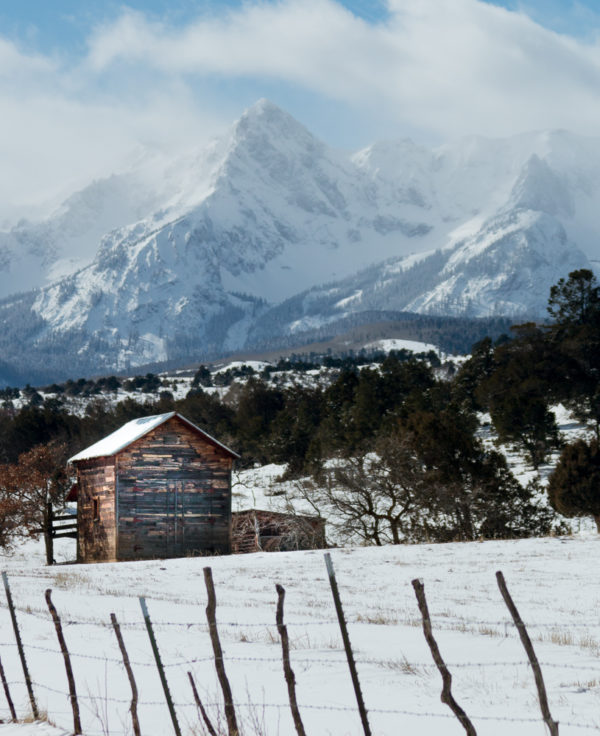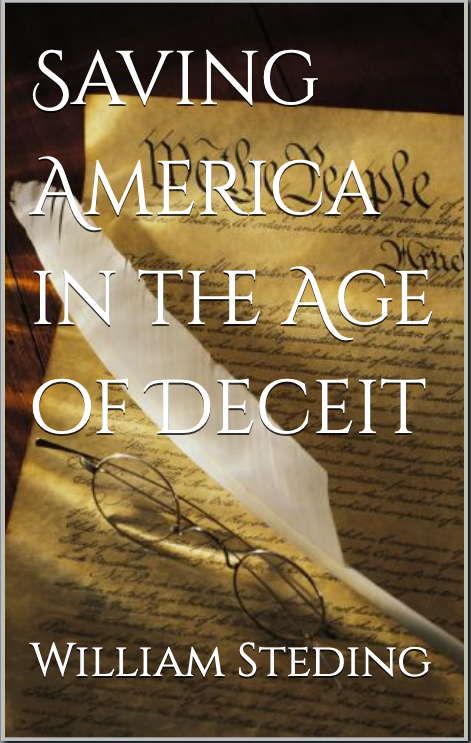America Needs a (Moral) Hero
“Faster than a speeding bullet, more powerful than a locomotive, able to leap tall buildings in a single bound. Look up in the sky! It’s a bird! It’s a plane! It’s Superman!”
American media has created many heroes throughout my lifetime and our culture produced many more in real life from popular presidents like Kennedy, Reagan, and Obama to social activists like Martin Luther King, Jr. and Rosa Parks and, perhaps the largest category of all: athletes like Michael Jordan, Muhammed Ali, and Joe Montana to name just three. Recently, women have produced more heroes than men in America like Taylor Swift and Caitlin Clark who are notable and legitimate heroes to millions of American women and girls.
Generally, heroes play a much greater role in our fantasy lives than in our real lives, although the line between the two for many of us can be faint. In fiction, some might suggest they are critical to a novel’s success for without them, and some seemingly insurmountable challenge they must conquer, we wouldn’t turn the page. Recently, I participated in a literary discussion where the role of heroes was debated to find their proper role in great works of literature. I was left pining for heroes. I even suggested, “what America needs—what I need today—is a damn hero” for which I was admonished by one participant for falling in to the trap of the “great man theory” of history, even while I am enough of an historian to know that while heroes do not explain all history, I acknowledge how important hero-leaders are to moving society forward. Where would we be without Washington, Franklin, Lincoln, Roosevelt, or King? Admittedly, we often don’t recognize heroes in real time, but fortunately we have historians to illuminate them later.
The role of heroes—imagined or real—seems to be critical to our collective well-being. The “better angels” Lincoln referred to in his first inaugural address that might guide us to practice more virtuous lives are the essence of the value of heroes: they bring out the best in us. They provide a model against which to measure our own worth. By their example, they hold us accountable. What kid in my generation did not want to be like Superman? Advertisers have shamelessly understood the allure of heroes for years. The Gatorade advertising campaign, “Be Like Mike” directed us to do what Michael Jordan does and load up on their carb/electrolyte/sugar drinks (which did not improve my jump shot one bit). Heroes show us how to live.
Of all the things that have been written about Donald Trump, few recognize how he has flipped the role of hero on its head. To be clear, for many he is their hero; even seen as a savior—the new chosen one for many evangelicals. A condition I expect Jesus would have a hard time reconciling. And what he has accomplished for too many is to demonstrate how to behave, or perhaps more accurately, misbehave. Unfortunately, Trump’s flip comes in the fact that rather than demonstrate virtuous behavior to summon our better angels, he has single-handedly given permission to those vulnerable to his fear-based manipulation to engage in inappropriate behaviors that violate our laws and established norms of behavior. Everything from attacking the Capitol on January 6th to abusing flight attendants on commercial aircraft can be laid—directly or indirectly—at Trump’s feet. In essence, if you don’t like something, or somebody, or someplace, attack it by whatever means you have available from simple disregard to wielding fists and weapons. As Trump has suggested many times, rules and norms are for suckers and losers!
Notwithstanding the fact that many of Trump’s followers now get their meals on fiberglass trays through a slot in their prison cell doors, many others still follow his path of permissible destruction. He has made being really bad really cool for too many Americans. His anti-hero modality has yet to be countered by a new American hero. Americans need more than Joe Biden whose low ratings are probably due in part to the fact he doesn’t impress as hero, or even hero-adjacent. His Dark Brandon character wearing aviator glasses just doesn’t leap any tall buildings. (Please, Joe, do not even try to jump!) We need somebody to come forward and be our new hero; to reestablish the expectation of better angels. To shift the spotlight back to moral goodness and civility.
Inasmuch as we need a moral hero (as opposed to the next super-hoopster like Michael Jordan or Caitlin Clark) I recognize this is a big ask. America is much more capable of producing athletic heroes than moral ones. When I looked around for prospects, there are plenty of dead moral heroes (Aleksei Navalny the most recent), but few live ones, and I doubt the Dalai Lama is willing to relocate to Chicago. A reasonable expectation is that he or she would come from organized religion; perhaps even American Christianities. But these institutions have become captives of their overlords who are much more interested in institutional preservation and the grandiosity of their leaders.
We are left with the promise of physics, in this case, that pendulums swing. Jesus + Einstein. As pendulums swing to and fro, I have confidence this condition will self-correct; that a new moral hero is emerging even while we can’t name him or her, yet. Heroes and anti-heroes enjoy a kind of perverted symbiosis: they need each other. In the era of Trump, it is simply the nature of Nature that a new moral hero would rise. When he or she does they will not claim the throne of heroism; there will be no fanfare. Moral heroes gain distinction in their humility, not their spray-on orange-hued puffery. In the meantime, perhaps Trump’s kryptonite—the truth—will begin to deplete his kinetic energy so gravitational potential energy can prevail in favor of a new hero.
Now, look up in the sky! It may just be a bird, or a plane, but one never knows where the next hero will come from. Hopefully for America, sooner rather than later.











